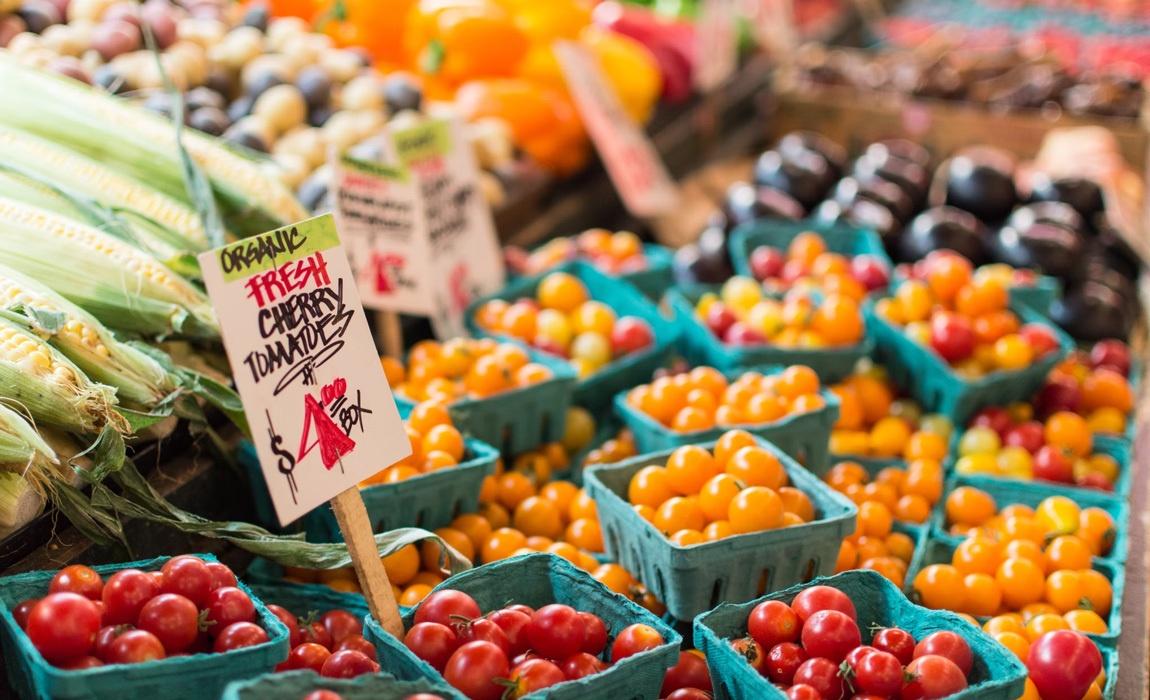Are you thinking of becoming a merchant at your local farmers' market? If so, there are a few things you need to know before you get started. In this blog post, we will provide you with a guide to success as a vendor at a farmers' market. We will discuss everything from what to sell to how to set up your booth. By following these tips, you can make the most of your experience as a merchant and ensure that your customers have an enjoyable shopping experience!
Why Choose To Sell Your Goods At A Farmers' Market?
There are many reasons why you might choose to sell your goods at a farmers' market. For one, selling at a farmers' market gives you the opportunity to connect with your community and build relationships with customers. Additionally, selling at a farmers' market allows you to sell your products directly to consumers, which can lead to higher profits. Finally, participating in a farmers' market can be a great way to promote your business and attract new customers.
Additionally, there are many niche products such as artisanal bread or specialty meat products that are too niche to work well at a dedicated storefront but work very well in a booth at a farmer's market where you can sell directly to customers.
This is one of the magical aspects that many people don't think about. Farmers' markets attract consumers looking for something special, things that they can't find in their local supermarket or online. It's up to you to figure out what these things are and deliver it to the customers that are hungry to buy them from you!
Make Sure You Have The Right Products For The Right Market!
Of course, before you can even set up your booth, you need to make sure that you have the right products for the farmers' market. Not all markets are created equal, and each one will have its own unique character. For example, some markets may be geared toward organic and locally grown produce while others may allow for a wider range of goods. It's important to do your research and find a market that is a good fit for the products that you plan on selling.
Additionally, it's important to consider what time of year the farmers' market is taking place. Certain products will do better during certain seasons. For instance, fruits and vegetables will do better during the summer months when they are in season. However, there are also many products that can be sold year-round, such as baked goods or honey.
By taking the time to find the right market for your products, you will be able to maximize your sales and ensure that your customers are happy with their purchases.
How To Set Up Your Booth For Success
Now that you know what products you'll be selling and where you'll be selling them, it's time to start setting up your booth! There are a few things you need to keep in mind when setting up your farmers' market booth. First, you want to make sure that your booth is visible from a distance. This means putting up signs or banners that will catch the attention of potential customers. Additionally, you want to make sure that your booth is clean and organized. Customers will be more likely to make a purchase if your booth looks inviting and well-kept. Finally, you want to make sure that you have enough staff on hand to help customers with questions or purchases.
Finally, it is critical that you are able to take a variety of payment methods. While some merchants will only accept cash, that is frankly an outdated and shortsighted way of doing business. Today there are plenty of methods to take payments online including mobile transactions with apps like Venmo or by using a bluetooth card reader so you can easily accept credit cards without having to have the customer your phone or swipe it awkwardly via an attached credit card sled.
Core Business Principles Still Exist
Just because you are selling from a tent in a farmers' market doesn't mean that core business principles don't apply. To be successful as a merchant there are basic things that you need to remember.
Keys To Success As A Merchant:
Record keeping and proper accounting practices:
Keep good records including product prices, number of sales, and the cost to produce those items. This will help you determine which items are selling well and which ones aren't, as well as give you a better understanding of your overall profitability.
Good product assortment:
Offer a variety of items that compliment each other and meet the needs of your customer base. You should consider experimenting by introducing new items occasionally and seeing how people react so you have a variety of products, not just a single item that people want to buy.
Attention to detail:
Keep your booth clean and organized, and pay attention to small details like cleanliness, signage, and marketing materials.
Building a relationship with your customers is essential:
Marketing is essential for success and that means you need to let people know who you are, what you're selling, and why they should buy from you. But it's not just about acquiring new customers - it's also about keeping the ones you have. Build a rapport with your customers and make sure they're happy with their purchases.
The Bottom Line On Finding Success Selling At A Farmers' Market
Selling at a farmers' market can be a great way to grow your business. However, it's important to keep in mind that there is a bit of work involved to find that success that you see in Hallmark movies and on TikTok. Farmers' markets are a lot of hard work but they can also be very rewarding.
Hey James Hills wants you to share this!

